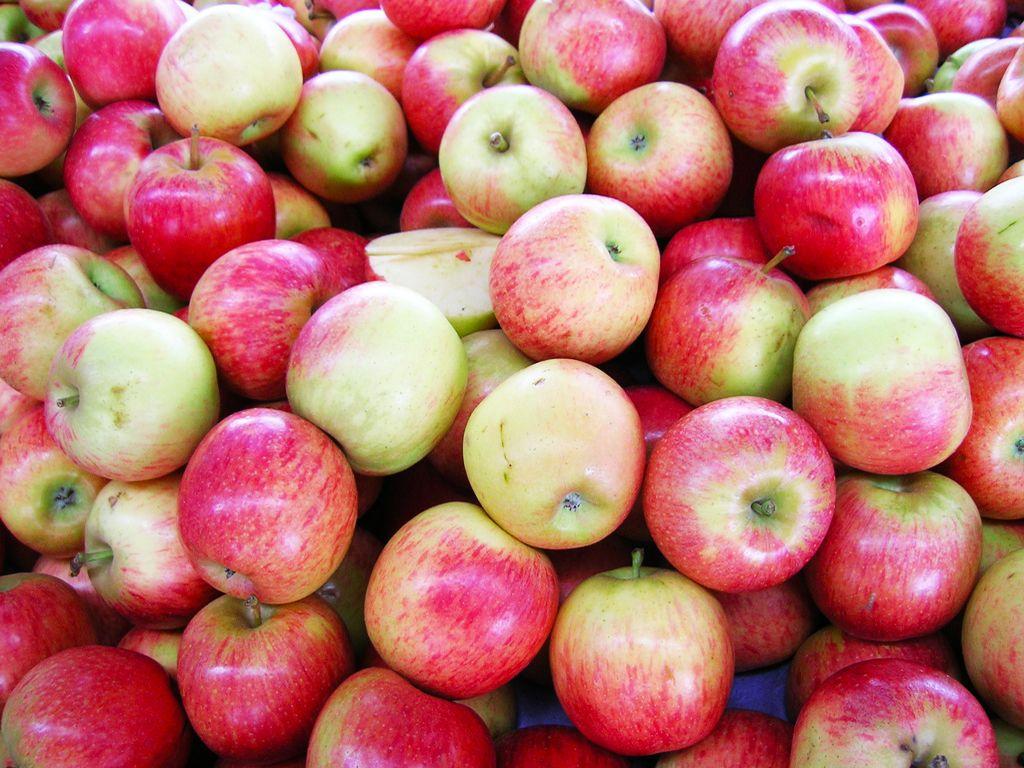4 Mins Read
As the popularity of organic foods has grown, consumers are willing to pay extra for organic foods in part because of the perceived improved nutritional value of organic foods over conventional foods- but is this is actually the case? Green Queen investigates…
Recent studies have been illustrated the many benefits of organics but one in particular deserves more airtime: organic foods have higher levels of antioxidants when compared to their conventional counterparts. In addition to higher levels of vitamins and minerals, certain antioxidants such as phenolic acids, flavanones, flavonols, and anthocyanins are found in significantly higher amounts in organic fruits and vegetables. While increasing levels of individual antioxidants might not sound like it would affect your overall nutrients intake, these results can have some profound health implications.
What are antioxidants anyway? Antioxidants are powerful nutrients that literally prevent the oxidation of molecules in the body. Oxidation of cells in your body is what brings about aging, and has been shown to cause many chronic diseases such as heart disease, neurodegenerative diseases. They also work against random DNA cell mutation, which has been linked to many forms of cancer. The other health benefits of antioxidants are countless: they help with mood disorders, hormone imbalances, immune system issues, skin problems… Most of us also live in a heavily polluted urban areas so we are exposed to free radicals constantly- antioxidants destroy cell-damaging free radicals. For us urbanites, antioxidants are vital to our health and wellbeing.
How do we get more antioxidants into our diet? More fruits and veggies of course! We get the majority of our antioxidant quote from fresh fruits and vegetables. Processed produce does not count, freshness is key. Further, most antioxidants lose their potency during cooking so eating them raw is essential- this is why nutritionists bang on about green smoothies.
Since most of us are busy, stressed and time-short, we eat processed foods devoid of the very antioxidants we need. As a results, we supplement with antioxidants in pill form, paying hordes of money towards synthetic lab made capsules of isolated antioxidants, the benefits of which are far from clear. Many studies show that pills don’t offer anywhere near the quality of nutrition as imbibing the antioxidants from fresh produce. And here’s where things get interesting.
Something that people don’t speak about a lot is the bang for your buck that buying organic produce can represent- if you were to switch from a conventional diet to an organic one, you could achieve a 20-40% increase in antioxidant intake1 without any increase in caloric intake. In other words, for the equal amount of food eaten, organic foods provide a significantly higher dose of antioxidants- you need to eat less of them to get the benefits that would require you to consume almost double of the conventional kind (important note: we are comparing the same item so conventional apple vs organic apple or conventional lettuce vs organic lettuce). For example, you would need to consume double the servings of conventional fruits/veggies to get the same amount of antioxidants available in 1 serving of the organic version. So to recap: for a fraction of the price of your vitamins and supplements, you can nourish your body with vital antioxidants by having 1-2 servings of organic vegetables every day instead.
Take home message – Eating organic foods alone cannot make you healthier –making smart dietary choices, being physically active, getting enough quality sleep and having a positive mindset are all important components in the health equation. Eating an apple, regardless of what type of farm it came from, will always do your body more good than eating French fries every day of the week but don’t discount the importance of the high quality, fresh antioxidants in your diet! And remember, a little organic goes a long way.
This post was co-authored by Michelle Lau, a qualified nutritionist. Follow her nutrition & healthy eating instagram page.
1As per a nutrition study published in the British Journal of Nutrition in 2014 and based on 343 peer-reviewed publications that looked at the differences in composition between organic and non-organic foods.
Photo credits: NP Steve Beebe4 via photopin (license), Maça, Apple, Manzana via photopin (license) and peppers via photopin (license).






